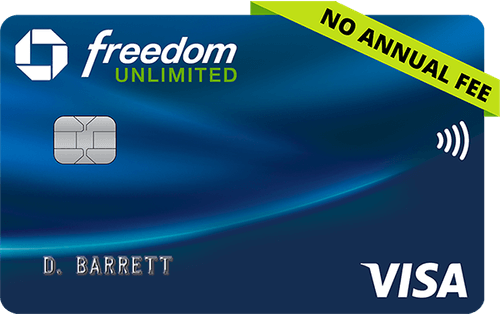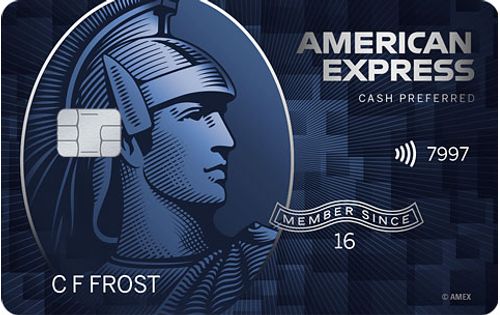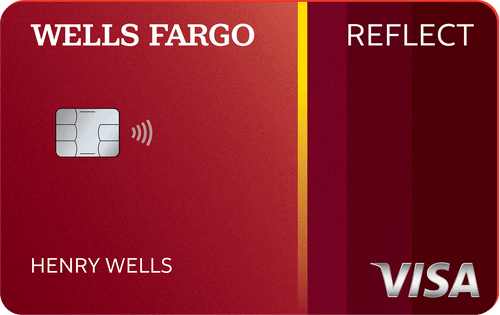WalletHub, Financial Company
@WalletHub
Yes, you can share a credit card with an authorized user, a co-signer, or (more rarely) a joint accountholder. Borrowing a credit card from a friend or family member with their permission can work, too, but it’s best not to get in the habit.
Sharing credit with a co-signer or joint accountholder is a great way to get approved for a credit card account when your own credit history, income and debt might otherwise warrant rejection. Sharing credit with an authorized user also makes it possible for a child who’s not yet eligible for their own credit card account to begin building credit history.
Co-signer
When you apply for a credit card with a co-signer, approval for an account is based primarily on the creditworthiness of that co-signer – the person with the better credit score and higher income. The co-signer is then liable for any balances not paid by the primary accountholder.
Both people’s credit scores will be damaged by any mistakes. But if both parties act responsibly, this is a great way for someone with limited or damaged credit to enjoy the best credit card terms available while building good credit history. They just need a close friend or family member with good or excellent credit.
Authorized User
Authorized users are a bit different, but they enjoy similar benefits. In this arrangement, one person who already has a credit card can add another person to their account as an “authorized user.” There’s no credit check for the authorized user, and most credit card companies require very little information about the person.
Many credit card issuers don’t even require a Social Security number for the authorized user. That’s because the user is not responsible for paying any charges made to the account, including their own. And for that same reason, authorized users can dispute negative records related to this type of account on their credit reports, if necessary, after removing themselves from the account. So there’s less risk for them.
With responsible use, this type of credit card sharing is great for couples, employers and employees, and parents and children.
Joint Account
There’s also a truly “shared” option for credit cards: a joint account. With a joint credit card account, two people apply for a credit card together, and the card’s issuer considers the creditworthiness of both applicants equally when making the approval decision. If approved, joint accountholders can both perform all the functions of a primary cardholder. The liability is shared – so if either party doesn’t pay the bills, the other one is liable.
Joint credit card accounts aren’t very common these days, but at least one major card issuer (U.S. Bank) still offers them.
Final Thoughts
Regardless of how you choose to share your credit card with another person, there are a couple of things you should not do: use someone’s credit card without their knowledge or share your credit card with someone you don’t trust. Making unauthorized charges on someone else’s credit card is illegal, and is considered fraud. If the cardholder decides to press charges against you, you could be on the hook for any purchases you made, and possibly other consequences, depending on what state you live in.
But at the end of the day, if you lend your credit card to a close friend or family member to run a quick errand, for example, you shouldn’t run into any issues.

People also ask
Did we answer your question?
Important Disclosures
Ad Disclosure: Certain offers that appear on this site originate from paying advertisers. For full transparency, here is a list of our current advertisers.
Advertisers compensate WalletHub when you click on a link, or your application is approved, or your account is opened. Advertising impacts how and where offers appear on this site (including, for example, the order in which they appear and their prevalence). At WalletHub we try to present a wide array of offers, but our offers do not represent all financial services companies or products.
Advertising enables WalletHub to provide you proprietary tools, services, and content at no charge. Advertising does not impact WalletHub's editorial content including our best picks, reviews, ratings and opinions. Those are completely independent and not provided, commissioned, or endorsed by any company, as our editors follow a strict editorial policy.



